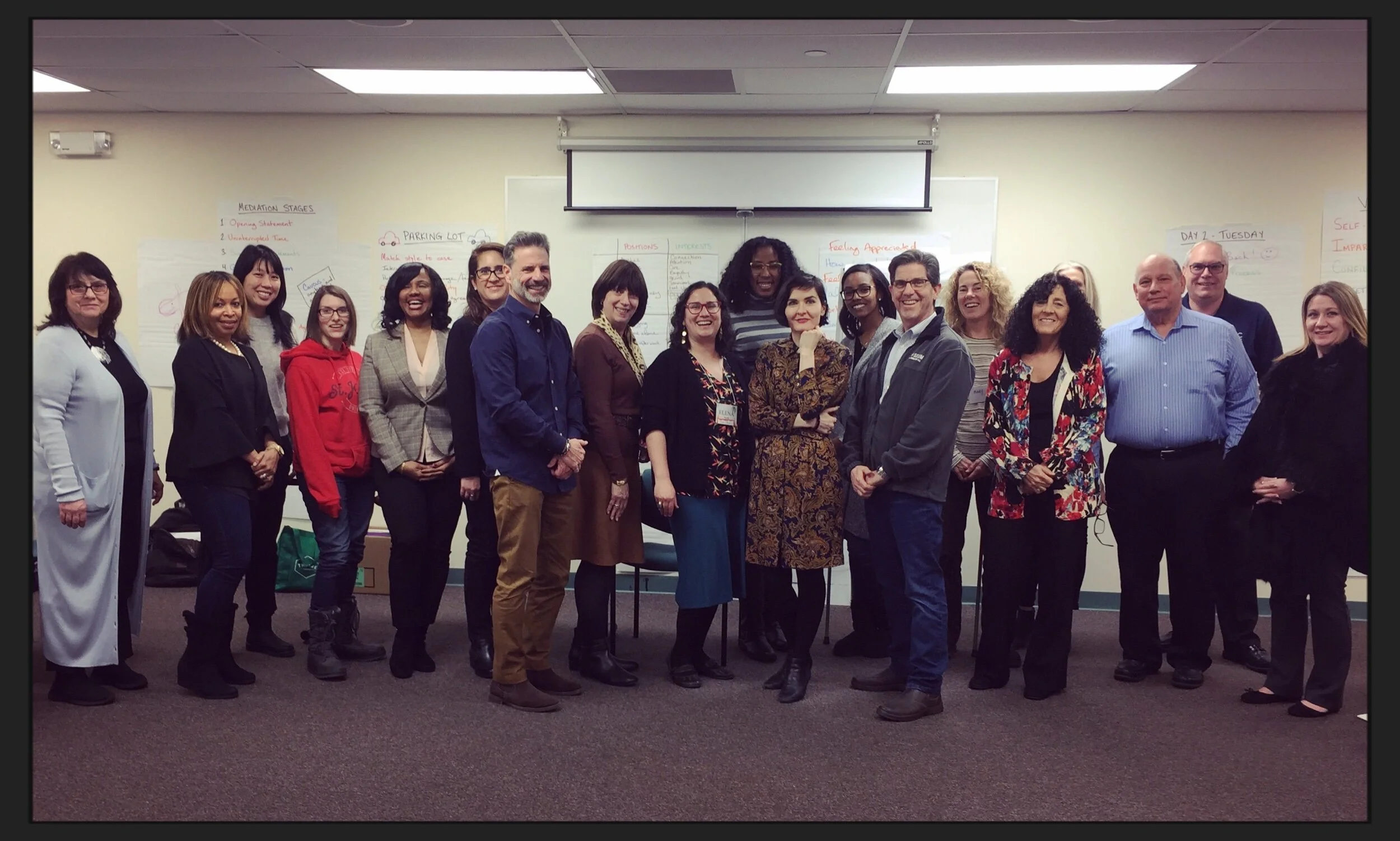Since I’ve set the intention with my WORD OF THE YEAR, it’s been interesting to apply the lens of connection to all aspects of my life. Including the books that I read. This one was easy to apply to the concept of connection, since that is one of the main themes of Radical Candor: Be a Kick-Ass Boss Without Losing Your Humanity.
Kim Scott shares some insightful wisdom and guidance based on her impressive career in Silicon Valley and beyond. Some highlights include her advice that managers should establish a culture of candid feedback, first by encouraging direct reports to give feedback to the managers. How managers respond to this feedback is critically important to determining the success of this project. Scott suggests accepting the critiques gracefully, and demonstrating receptivity by somehow rewarding the person who gave the critique. Once a manager gains the trust of their direct reports by demonstrating that they will take action in response to feedback, then the manager should begin giving timely and direct feedback, as well. Scott emphasizes that praise is as important as critique, but both need to be delivered directly, with specificity, and in a timely way.
Having been a manager myself, I appreciate Scott’s acknowledgement that good management takes time and effort. And that carving out the appropriate time and being intentional about following through with individual and group meetings is important. She also shares her perspective on the importance of the quality of these meetings and conversations, and gives some very specific tips on how to structure the time and agenda to be most effective.
Since most of my work happens in the non-profit space I found myself needing to translate some of the book in order to make it feel transferable. For example, Scott writes about getting to know direct reports, specifically to learn about their hopes and aspirations, and then helping them find opportunities for growth or development that match their needs. This is sound advice for any manager, however sometimes the options available in the non-profit world feel somewhat more limited than the examples Scott shares from her time at Google and Apple, and other lucrative corporations.
Overall I would recommend this book for anyone who is interested in the challenges of management and building more effective working relationships. I have often observed the challenge of giving direct and appropriate feedback at work, and how avoiding those conversations can undermine the working relationship in myriad ways. Scott does a good job of outlining some of the risks of avoidance, and the benefits of a more radically candid approach, as well as some practical tips and suggestions.
Do you experience challenges communicating directly with people at work? How do you navigate the situation? If you’re a manager, how have you approached giving and receiving feedback with your direct reports? I would love to hear your thoughts!



